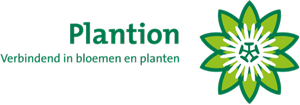Information about the False Codling Moth, intended for trade flows from Africa / Israel
False Codling Moth (scientific name Thaumatotibia leucotreta) will be given the quarantine status in the European Union from November 2017.
False Codling Moth is a polyphagous pest which can feed on more than 70 host plants among which important crops like citrus, peppers (Capsicum spp.), roses, maize and cotton. The specie is present in most African countries and Israel and can cause extensive damage, especially in citrus fruits and peppers in Europe, what is the main reason for the decision of the European Commission to give it a quarantine status. This means that from November 2017 roses and other host plants imported into the EU have to be free of eggs, larvae or moths of the False Codling Moth. If eggs, larvae or moths are found the consignment will be rejected and destroyed.
Currently, infected roses are not rejected when imported into the EU and the findings are not registered for the “reduced checks” system. From November the rejections of infected rose shipments can influence the“ reduced check” percentage for roses from Kenya, Ethiopia and Zimbabwe. A higher percentage of reduced checks will lead to more inspections, higher costs and logistical delays.
Growers, ex/import companies and unpackers have to be aware of the strict requirements concerning False Codling Moth when exporting to the EU. Rose growers in African countries and Israel need to take adequate measures to prevent rejections of shipments.



